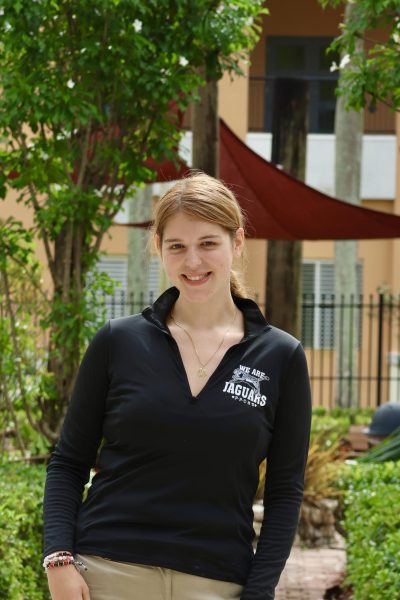High school schedules may seem straightforward on paper, but behind the scenes, conflicts and errors create unexpected challenges for both students and counselors. When courses fill up, prerequisites overlap, or mistakes occur during data entry, students can then find themselves in the wrong classes.
Senior Sophia Alvarez dealt with this experience firsthand. “I didn’t get any of the electives I wanted, and I was placed in English Honors even though I requested AP Lit after taking AP Lang last year,” she says. “I even got signed into Ceramics II, which I never requested.”
Alvarez eventually resolved her schedule with help from guidance, but her experience represents just one of the issues the student body as a whole faces. Scheduling issues can disrupt even well-prepared students.
According to Krystle Maycock, a guidance counselor with twelve years of experience, these conflicts are not extraordinary. “It’s the same as usual,” she explains. “It’s a little more pressure because seniors have high-stakes classes they need to take. You try to do your best to get them where they need to be.”
Maycock said the scheduling process begins long before students step onto campus. During course selection, requests are entered into Focus, the platform that builds the school’s master schedule. Once classes fill up, late changes are harder to accommodate.
While most problems come from competing course requests or full sections, Maycock acknowledged that occasional input errors do occur when counselors work quickly to meet district deadlines.
She also noted that many schedule changes come from students rethinking their choices after the fact.
“Some students change their minds about what they want, and then we have to adjust if space allows,” Maycock says. “We can’t just create new sections or move entire classes around, so sometimes students need to make tough choices about which course to keep.”
Despite difficulties, Maycock emphasized that the counseling role involves much more than switching around names on a spreadsheet.
While computer programs assist with logistics, she believes a human touch is required to handle student concerns. “This is not a job that can be done by AI or a robot,” she says. “To do it correctly, you need to have emotional understanding and flexibility. You can’t see things in black and white.”
Counselors spend the opening weeks of school balancing course requirements, student preferences, and available classroom space. They meet individually with students throughout the week to make sure their schedules align with graduation plans.
Maycock said these conversations are needed to avoid stress and confusion, especially for upperclassmen pursuing diplomas or preparing for college applications.
As for solutions, Maycock encourages students to review course selections early and communicate clearly with guidance before problems arise. “We’re not trying to overload students or make them take classes they don’t need,” she explains. “We just want to make sure everyone has the opportunity to earn what they’ve worked for.”
Scheduling conflicts may never disappear entirely, but counselors continue to refine the process and address each case directly. For students like Alvarez, the results can be worth the extra effort: her final schedule now includes forensic science and astronomy, two electives she actually wanted.















